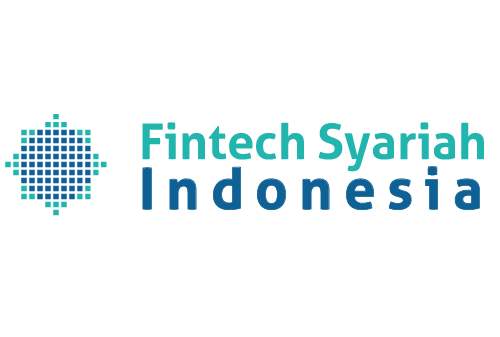Submissions
Submission Preparation Checklist
As part of the submission process, authors are required to check off their submission's compliance with all of the following items, and submissions may be returned to authors that do not adhere to these guidelines.-
As part of the submission process, authors are required to check off their submission's compliance with all of the following items, and submissions may be returned to authors that do not adhere to these guidelines.
The submission has not been previously published, nor is it before another journal for consideration (or an explanation has been provided in Comments to the Editor) - The submission file is in OpenOffice, Microsoft Word, or RTF document file format.
- Where available, URLs for the references have been provided.
- The text is 1.15 spaced, consisting of 5000-8000 words; uses a 12-point font; employs italics, rather than underlining (except with URL addresses).
-
The text adheres to the stylistic and bibliographic requirements outlined in the Author Guidelines.
- If submitting to a peer-reviewed section of the journal, the instructions in ensuring a blind review have been followed.
Copyright Notice
Authors who publish with this journal agree to the following terms:
- Authors retain copyright and grant the journal right of first publication with the work simultaneously licensed under a Creative Commons Attribution 4.0 International License that allows others to share the work with an acknowledgment of the work's authorship and initial publication in this journal.
- Authors can enter into separate, additional contractual arrangements for the non-exclusive distribution of the journal's published version of the work (e.g., post it to an institutional repository or publish it in a book), with an acknowledgment of its initial publication in this journal.
- Authors are permitted and encouraged to post their work online (e.g., in institutional repositories or on their website) before and during the submission process, as it can lead to productive exchanges, as well as earlier and greater citation of published work.

This work is licensed under a Creative Commons Attribution 4.0 International License.
Privacy Statement
Introduction
Your privacy is important to the Islamic Economics and Business Review. This privacy statement provides information about the personal information that the Islamic Economics and Business Review collects, and the ways in which the Islamic Economics and Business Review uses that personal information.
Personal information collection
Islamic Economics and Business Review may collect and use personal information that is necessary for the processing and publication of manuscripts submitted to us. This information may include names, affiliation, and contact details; including postal address, emails, phone numbers, and fax numbers.
Using personal information
Any personal information received by the Islamic Economics and Business Review will only be used to process and publish your manuscript.
- administer this website;
- personalize the website for you;
- enable your access to and use of the website services;
- process your manuscript;
- publish your manuscript;
- send to you communication about your manuscript; and
- send to you statements;
Where the Islamic Economics and Business Review discloses your personal information to its agents or sub-contractors for these purposes, the agent or sub-contractor in question will be obligated to use that personal information in accordance with the terms of this privacy statement.
In addition to the disclosures reasonably necessary for the purposes identified elsewhere above, Islamic Economics and Business Review may disclose your personal information to the extent that it is required to do so by law, in connection with any legal proceedings or prospective legal proceedings, and in order to establish, exercise or defend its legal rights.
Securing your data
Islamic Economics and Business Review will take reasonable technical and organizational precautions to prevent the loss, misuse, or alteration of your personal information.
In addition, personal information that you submit for publication on the website will be published on the internet and may be available around the world.
You agree to such cross-border transfers of personal information.
Updating this statement
Islamic Economics and Business Review may update this privacy policy by posting a new version on this website.
You should check this page occasionally to ensure you are familiar with any changes.
Islamic Economics and Business Review is not responsible for the privacy policies or practices of any third party.
Contact Islamic Economics and Business Review
If you have any questions about this privacy policy or Islamic Economics and Business Review' treatment of your personal information, please send an email to iesbir@upnvj.ac.id











